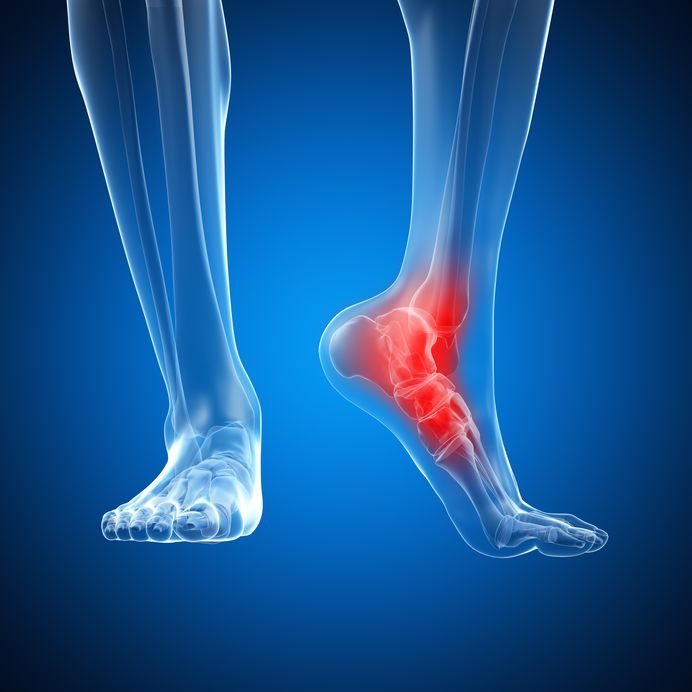
What is Plantar Fasciitis?
What is Plantar Fasciitis? The plantar fascia is the ligament that connects your heel to the front of your foot. It provides support to your arches and helps you to walk. Since these ligaments are under a lot of stress in your daily life, plantar fasciitis can frequently occur.
SYMPTOMS
When you put too much pressure on the plantar fascia, you can damage or tear it, resulting in pain at the heel or even all over the bottom of the foot. Various people have described the pain as dull or sharp — even a burning ache.
Plantar fasciitis can also result in loss of flexibility, especially first thing in the morning or after long periods of inactivity. This can make it difficult to walk. Sometimes the pain isn’t felt during a particular activity, but it arises just after stopping.
CAUSES
Being overweight puts more pressure on your plantar fascia ligaments. In fact, women who are in the last stage of pregnancy may experience temporary plantar fasciitis due to the recent weight gain. Rigorous physical activity, such as long-distance running, can be a culprit as well. Jobs that require you to be on your feet a great deal of the time can also inflame the ligaments. Flat feet and high arches can cause plantar fasciitis. Even wearing the wrong shoes can cause the disorder.
Plantar fasciitis can increase over time. Ignoring the symptoms or fighting through the pain can alter the way you walk, spreading the discomfort to your hips, knees and back.
DIAGNOSIS
Your doctor will examine your feet to identify the exact location of the pain and make sure it’s not a different problem. The doctor may also perform some foot-flexing. They’ll also check your reflexes, muscle tone, senses and coordination to rule out any other problems. An x-ray or scan may also be ordered to assure that the pain isn’t being caused by a bone fracture.
TREATMENT
At home, stay off your feet and apply ice for 15 to 20 minutes three or four times a day. Curtailing strenuous activity is also a must, as well as stretching exercises and arch supports in your shoes. Anti-inflammatories such as ibuprofen (Motrin or Advil) or naproxen (Aleve) may also offer some relief.
Reducing the inflammation is important, but medical treatment may also be required. Your doctor may either inject a corticosteroid into the damaged area or apply a topical ointment, depending on the severity. Physical therapy may also be prescribed. Braces or supports may also be prescribed. Surgery is usually a last resort.
RESULTS
Most people don’t need surgery to relieve pain from plantar fasciitis. Dr. Alexandra Matthews, fellowship-trained Sports Medicine Specialist with the Orthopedic Performance Institute, says “There are different treatments for plantar fasciitis such as therapy options, supportive footwear and inserts, or medicines to help you feel better so don’t suffer in silence. We can help improve this condition.”
At Orthopedic Performance Institute, our physicians are experts in diagnosing and treating all types of orthopedic conditions. Our mission is to alleviate your pain and get you back on your feet as quickly as possible. Don’t ignore your foot pain — make an appointment with us today.

 Previous Post
Previous Post Next Post
Next Post




